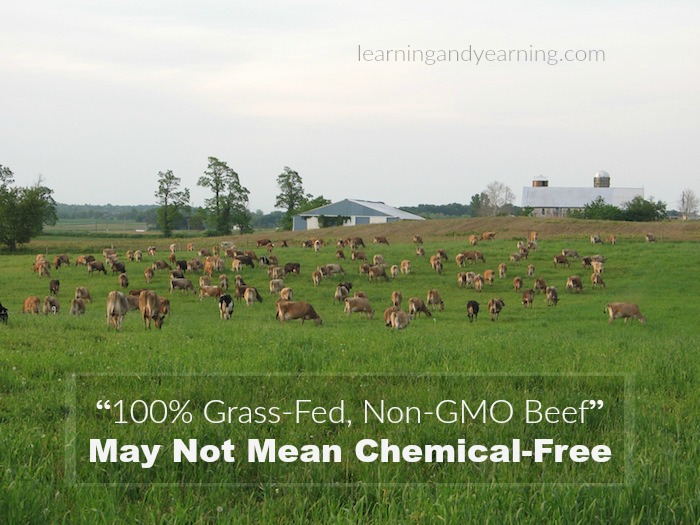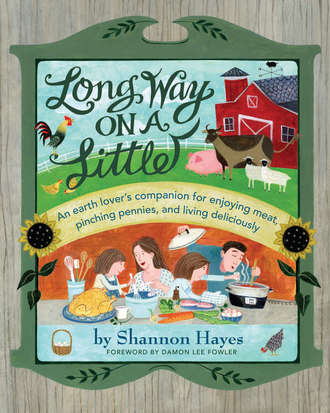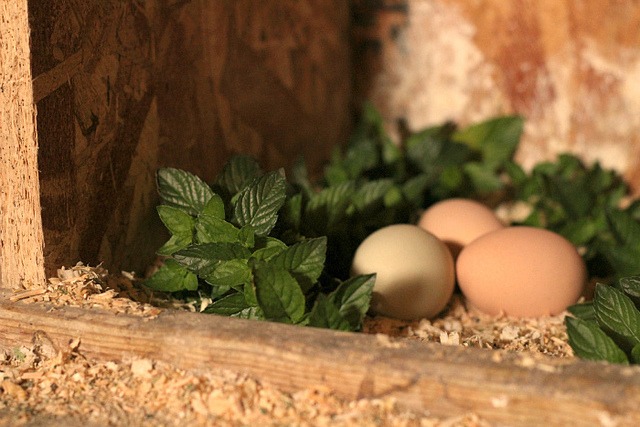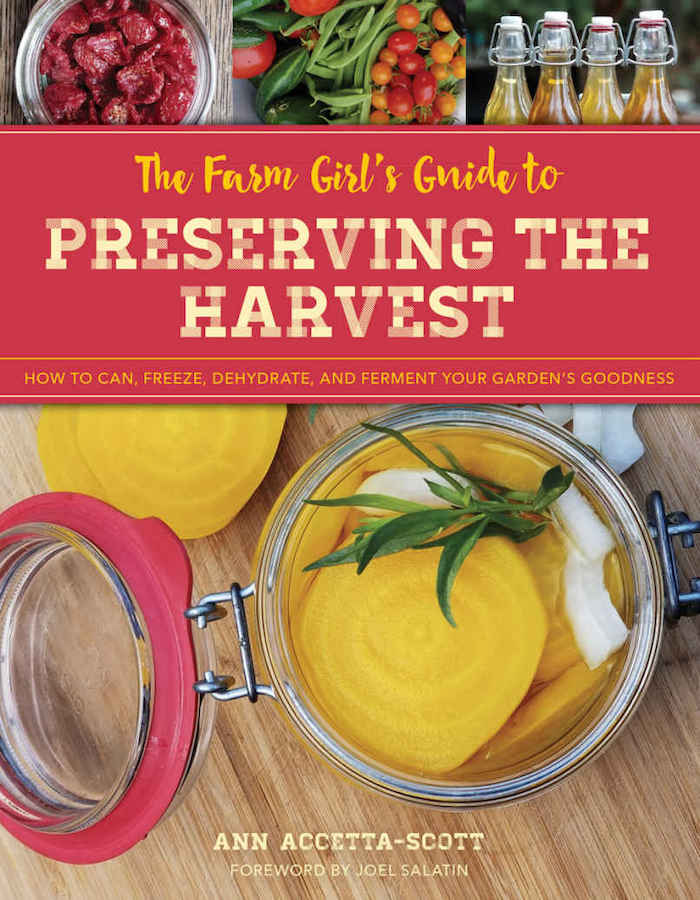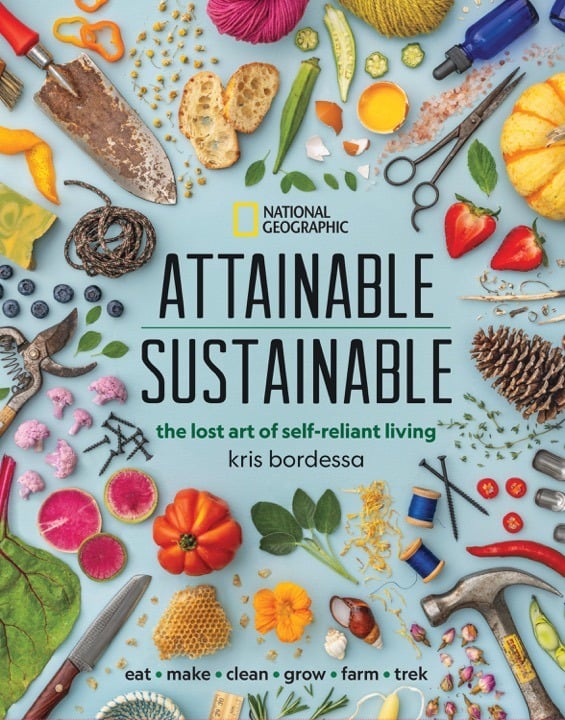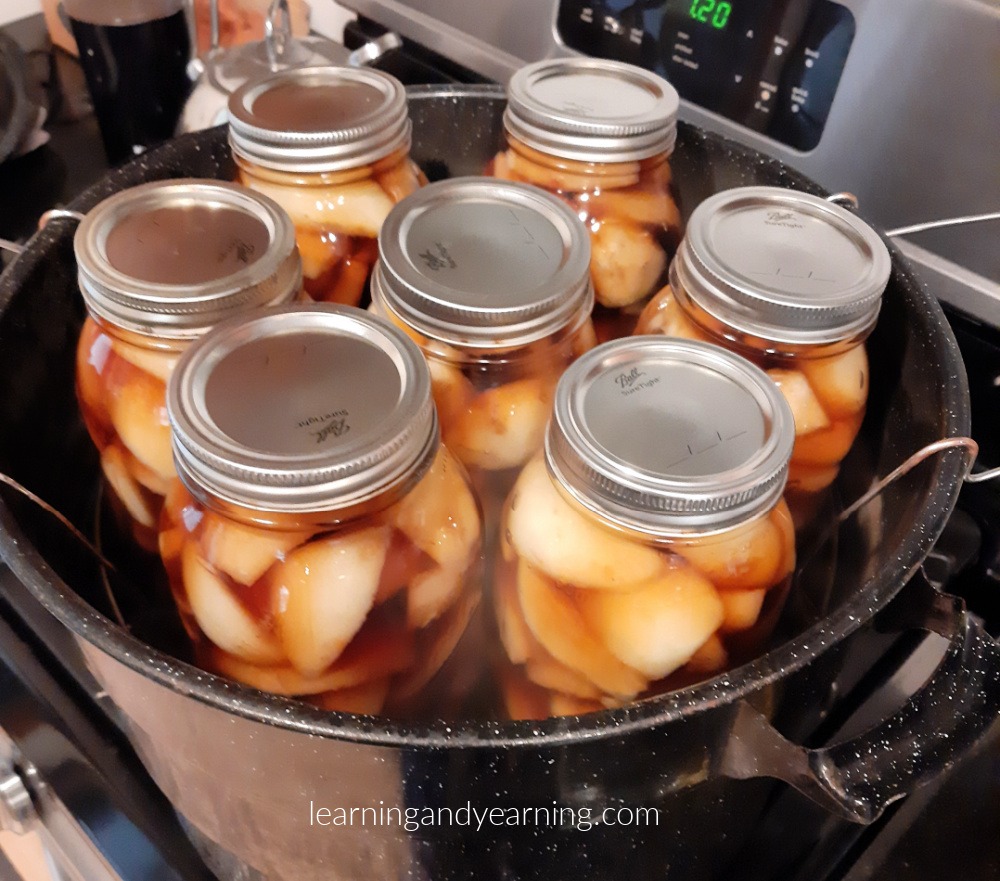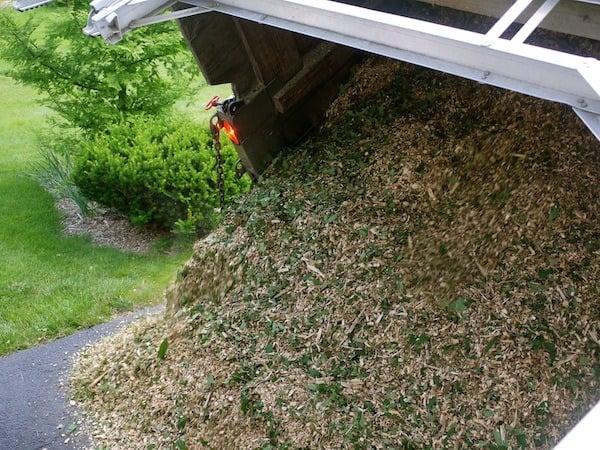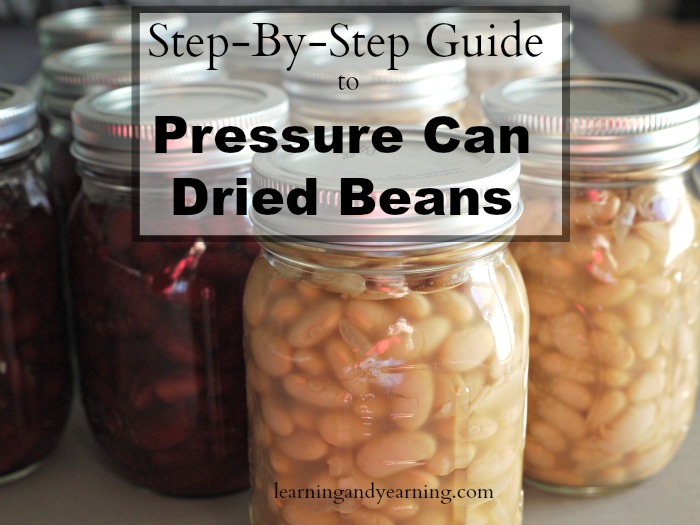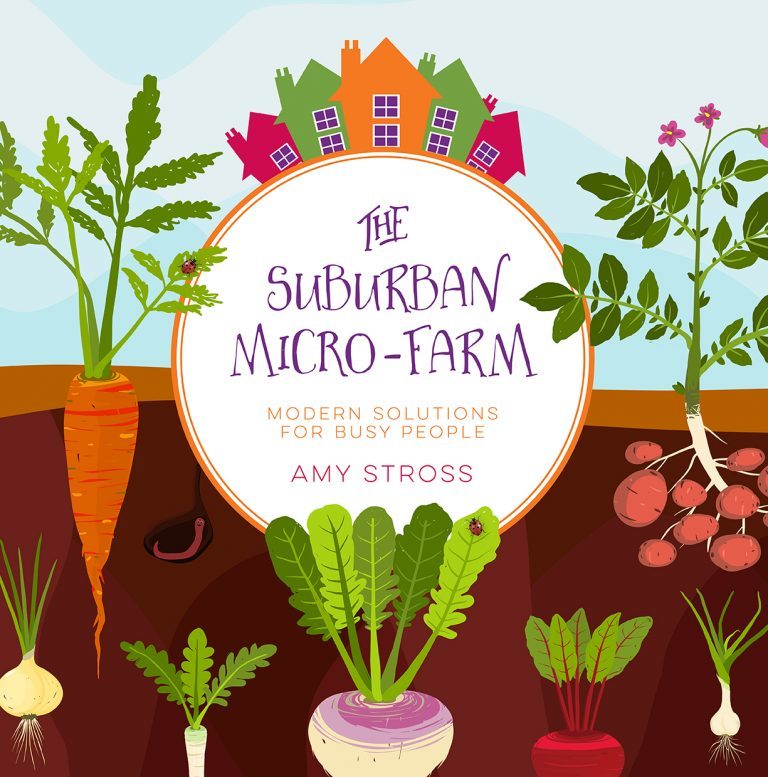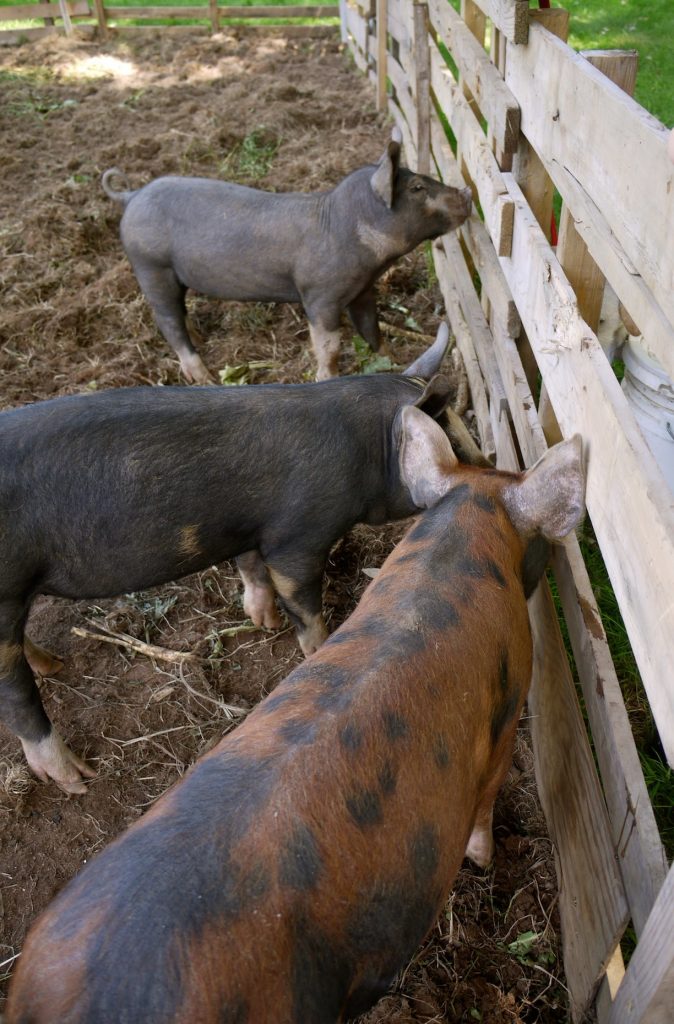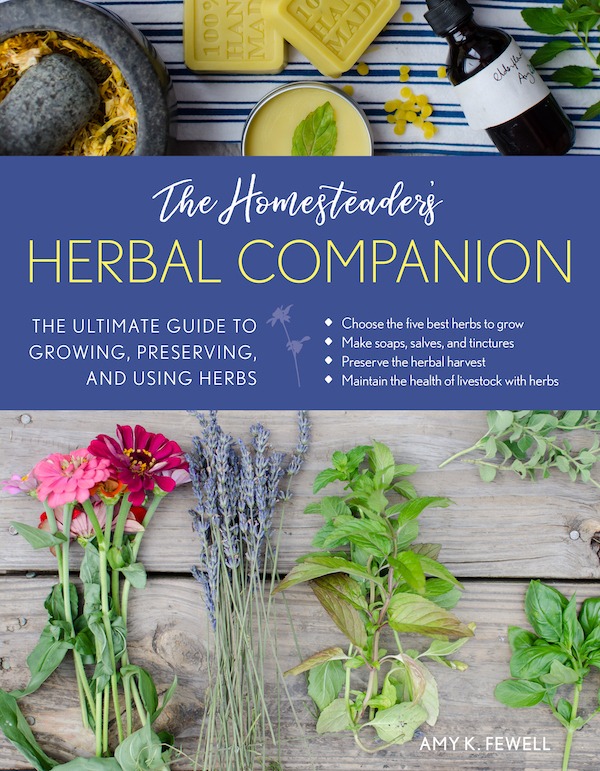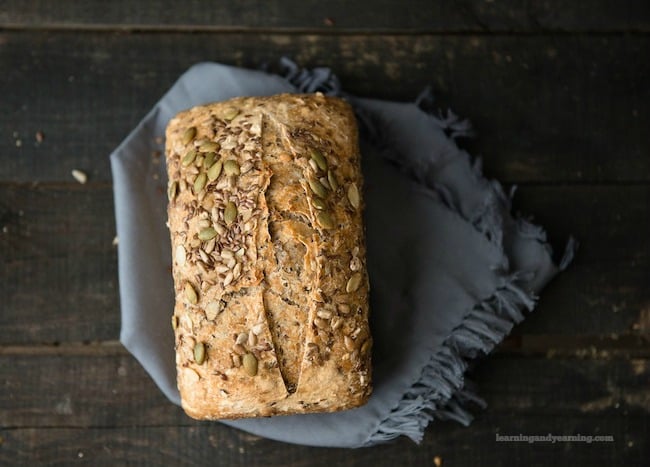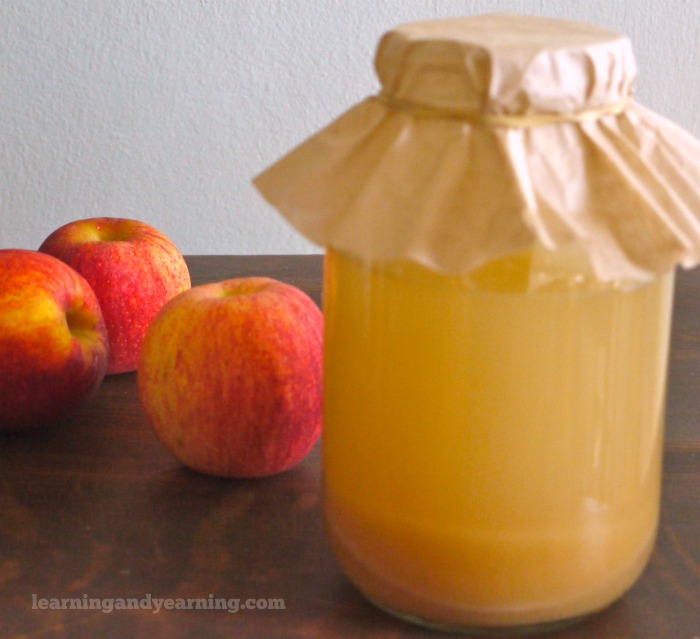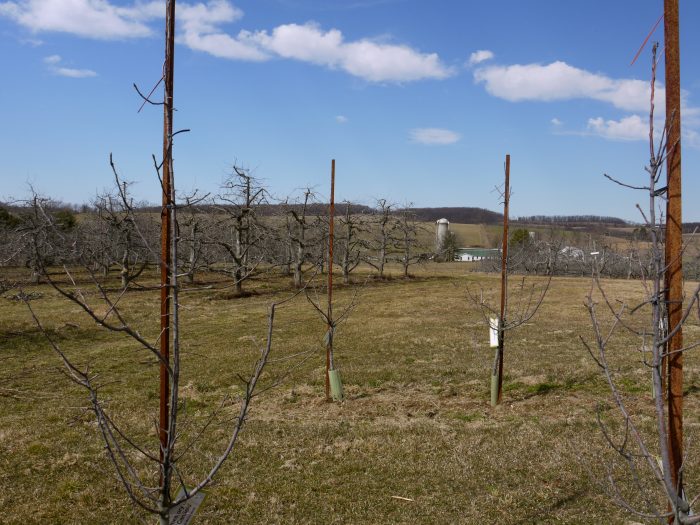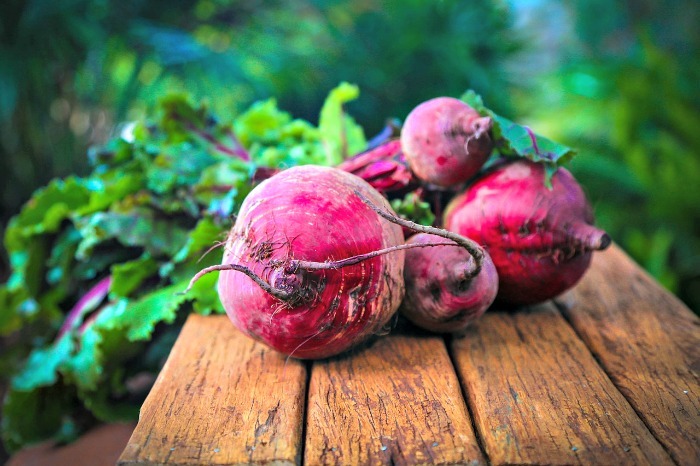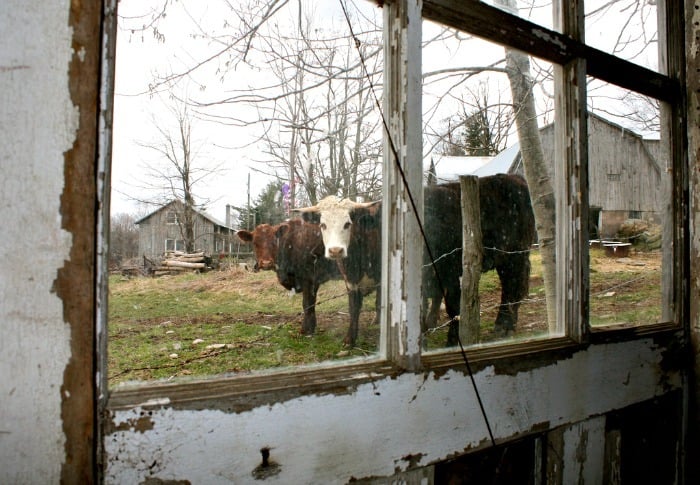
More and more families are choosing to purchase beef directly from a local farmer. It’s important to them to know where their food is coming from, and how it is raised. For many of us, that can be an overwhelming task – we weren’t raised on a farm, and we don’t always know the terminology, much less what questions to ask.
I’m still learning, but I’ve put together a list of questions to ask your beef farmer to help you make an informed decision.
Are your animals raised on pasture? Are your pastures fertilized? With what? Do you use herbicides or pesticides on your pasture?
Good pasture consists of grasses, legumes, brassica, grain crops in the pre-grain stage, and other herbaceous plants. Pasture doesn’t always mean no chemicals are used.
Are your animals grass-fed? Are they fed anything other than grass and hay? How much hay? Where do you get your hay? Is it grown without fertilizer, pesticides and herbicides?
In 2007, the USDA defined the term grass-fed to refer to animals which are allowed to forage and graze for their own fresh food. Other than their mother’s milk, they have eaten only fresh grass and hay their entire lives. In January, 2016, the USDA decided that it will no longer define the term.
Defined by the USDA or not, there is much confusion in the market as to what is meant by the term grass-fed. A local butcher, for example, sells beef with a “grass-fed” sign. The cattle are raised on pasture, but also receive supplemental grain, which is genetically modified.
Another local farm sells beef with a sign that explains that the cattle is raised on pasture. When questioned, again, the cows do receive grain, although in this case it is not genetically modified.
You can see that it’s important to know what questions to ask your beef farmer or market.
See this post for some of the benefits of choosing grass-fed beef.
Are the animals fed silage?
Silage is a way to preserve pasture plants through fermentation. Ask what plants are being used and how they are raised. Just a few weeks ago, a farmer at a market told me that he raises corn for silage and cuts it in the pre-grain stage to preserve. He also sprays the corn fields with non-organic herbicide.
Corn is considered a grass and some farmers may feed corn and say that the cattle is grass-fed which is accurate if the corn is cut in the pre-grain stage. Corn contains no starch until it reaches the blister stage and the presence of starch is what separates a grass-fed diet from a conventional one. Find out if the corn is GMO and how it is being grown.
Are the animals fed grain? What grain? Is it GMO? Is it grown without the use of herbicides, pesticides, and other chemicals?
Cows fed on grain gain weight quickly. Everyone has a different opinion on whether feeding grain is acceptable. Only you can decide what is acceptable to you. But you won’t know if you don’t ask.

What supplements does your cattle receive?
The American Grassfed Association provides a list of supplements approved for use with certified grass-fed beef. Free access to minerals will help ensure their health.
Are your animals ever confined? Under what circumstances and for how long?
Ruminant animals should have continuous access to pasture during the growing season.
Is any of your meat from dairy cattle?
An old dairy cattle will not provide tender, flavorful beef.
Do you move your cattle from field to field? How often?
Cattle need to be rotated regularly to fresh pasture for their health and that of the pasture. Every day or two is ideal.
Are you certified organic? Are you certified by American Grassfed, or any other organization which grass-fed certifies?
Certification, in my view, is not a necessity. Organic certification does not mean that an animal is 100% grass-fed, but that any grain that it is fed is organically grown and that the pastures are organically maintained. The cattle may not be given antibiotics or growth hormones and must be provided access to pasture.
Organizations like the American Grassfed Association have strict standards for how cattle are to be raised. Those standards may be found here.
Certification can answer some questions for you, but of course you need to be familiar with the specific certification standards for that to be helpful.
Do you use antibiotics or hormones?
Treating a sick animal with antibiotics is reasonable (many farmers treat with herbs); using antibiotics or hormones routinely is not.
How are your animals finished (the last 3 or so months of their lives)?
Virtually all cattle begins life being raising on pasture. They may then be moved to feedlots where they are grain-finished to bring the animal to market weight. Finished on grain causes the benefits of grass feeding to be lost.
Edited to add: Please see the comment below from Sherrie, who is a beef farmer. She has added some very helpful information.
I’m always striving to learn more. What questions have I missed?
More Posts You’ll Love
Book Review: Free Range Farm Girl: Cooking Grass-Fed Beef by Shannon Hayes
Can Farm Life Boost Your Immunity?
The Ins and Outs of Using Manure in Your Garden
Caution: “100% Grass-Fed, Non-GMO Beef” May Not Mean Chemical-Free

